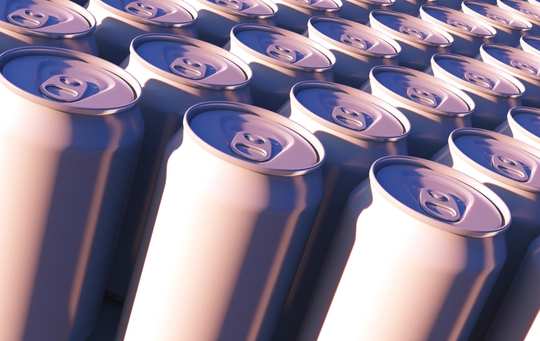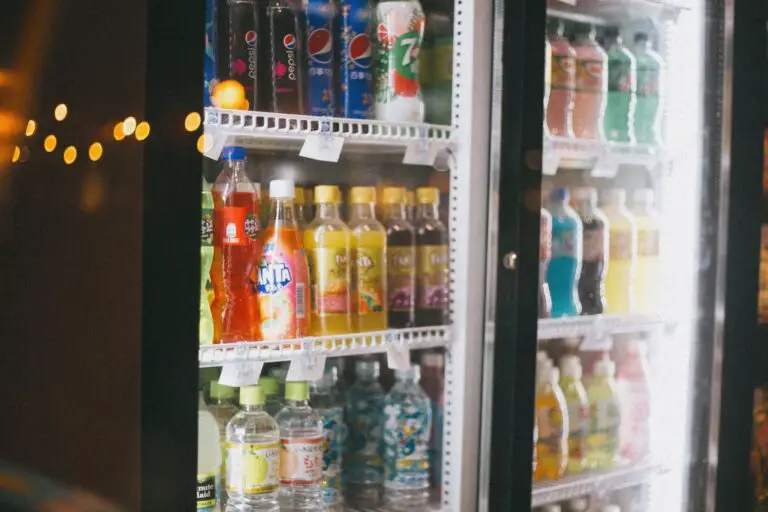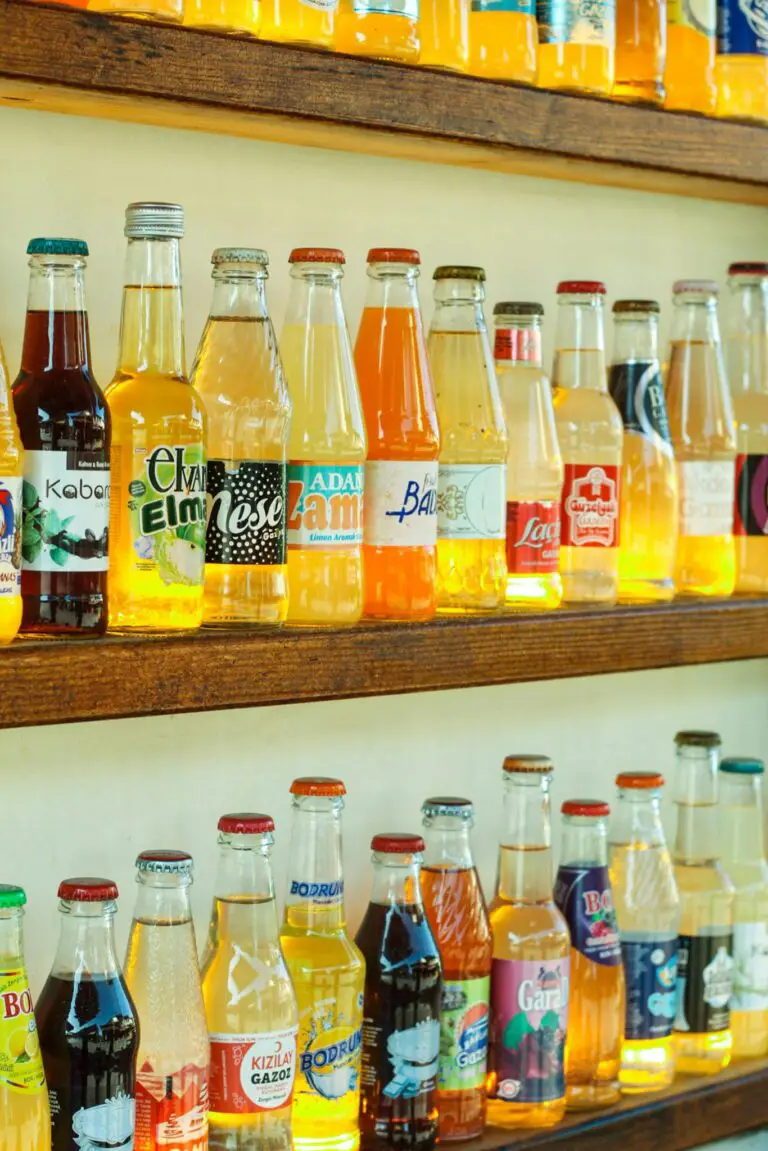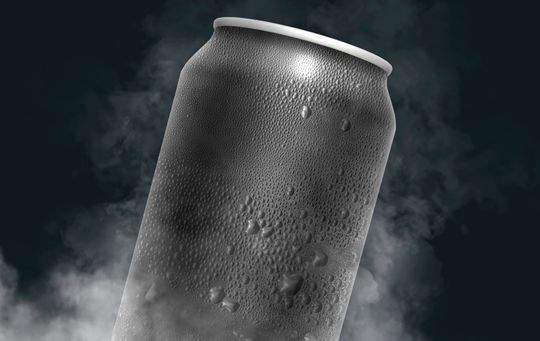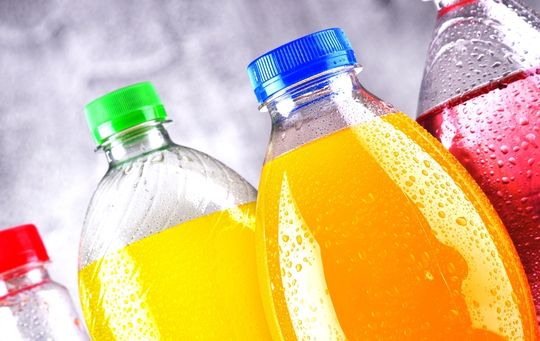Traveling by air often involves careful consideration of what you can and cannot pack in your checked baggage. Among the items travelers frequently wonder about are carbonated drinks. Can you safely pack a can or bottle of soda in your checked baggage without worrying about it exploding during the flight? In this article, we’ll explore the science of carbonation, the conditions within an aircraft’s cargo hold, and whether your favorite fizzy beverages are at risk of creating a mess in your luggage.

Understanding Carbonation
Before we delve into the safety of packing carbonated drinks in checked baggage, it’s essential to understand the science behind carbonation:
- Carbon Dioxide (CO2) Dissolution: Carbonated drinks, including soda and sparkling water, are infused with carbon dioxide gas under pressure. This gas dissolves into the liquid, forming carbonic acid, which creates the characteristic fizz.
- Pressure Equilibrium: The CO2 in the liquid is in equilibrium with the CO2 gas in the sealed container (can or bottle). The pressure inside the container keeps the CO2 dissolved.
- Release of Pressure: When you open the container, you release the pressure, causing the CO2 to come out of the liquid, forming bubbles and carbonating the drink.
Can Carbonated Drinks Explode in Checked Baggage?
The risk of carbonated drinks exploding in checked baggage is extremely low under normal circumstances. Here’s why:
1. Stable Cabin Pressure
Modern commercial airplanes are pressurized to maintain a cabin pressure equivalent to an altitude of about 6,000 to 8,000 feet above sea level. This controlled pressure is designed to ensure the comfort and safety of passengers and cargo, including checked baggage.
2. Pressure Inside the Container
The pressure inside a sealed carbonated drink container, such as a can or bottle, is relatively stable when the container is placed in the cargo hold of an aircraft. The pressure within the cargo hold is maintained within safe limits to prevent any undue stress on the containers.
Data Table: Effects of Cargo Hold Pressure on Carbonated Drinks
| Altitude (Approx.) | Effects on Carbonated Drinks | Potential for Explosion |
| Cargo Hold Altitude | Stable pressure, CO2 remains dissolved | Extremely low |
| Ground Level | Increased pressure, potential for leakage | Extremely low |
Key Takeaways
- Carbonated drinks are unlikely to explode in checked baggage during normal flight conditions due to stable cargo hold pressure.
- The cargo hold pressure is regulated to ensure a safe environment for passengers’ belongings, including carbonated drinks.
- The pressure inside sealed carbonated drink containers matches the stable pressure within the aircraft’s cargo hold.
- While explosions are highly improbable, some containers may experience minor leakage due to pressure changes when transported to ground level.
In conclusion, you can generally pack carbonated drinks in your checked baggage without fear of them exploding. The controlled cargo hold pressure ensures that the cans or bottles remain stable during the flight. While some minor leakage may occur due to pressure changes when returning to ground level, this is unlikely to cause significant issues. So, go ahead and bring your favorite fizzy beverages on your next trip with confidence in their safe transport.


